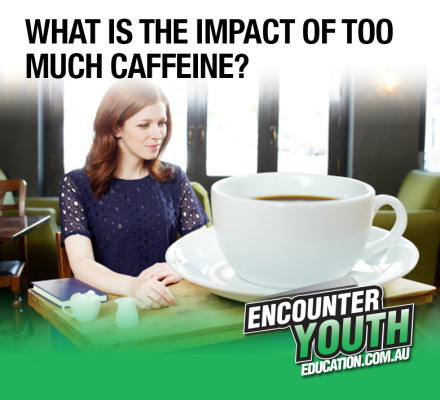 When entering a school to present our Safe Partying seminars, I am usually greeted by a teacher on a ‘break’ (a questionable term) from lesson with a cup of coffee in hand. For most, I know this is not the first cup of coffee, with many more pours throughout the day for that extra burst of energy and to keep some level of sanity.
When entering a school to present our Safe Partying seminars, I am usually greeted by a teacher on a ‘break’ (a questionable term) from lesson with a cup of coffee in hand. For most, I know this is not the first cup of coffee, with many more pours throughout the day for that extra burst of energy and to keep some level of sanity.
Some young people also crave that extra bit of energy, with assignments piling up and late nights requiring a bit of a kick to allow for optimal learning (that’s what some will say anyway). Some young people also want to stay alert for longer when socialising with their friends on the weekend, whether at a party or other function. Though realistically, coffee isn’t always the drink of choice for young people, instead caffeinated energy drinks such as Red Bull, V & Mother, are a more popular choice. Whilst the caffeine content of many energy drinks is similar to a strong cup of coffee, it’s the inclusion of other stimulants, e.g. guarana, taurine, that cause caffeine levels to exceed what’s found in a cup of coffee.
When presenting our Safe Partying seminars, I’m more regularly being asked, ‘What happens when you mix energy drinks with alcohol?’
Firstly, I make it clear that each person’s response to energy drinks, alcohol or any other drug is different. Though, the general concerns for any person mixing energy drinks and alcohol are;
#1 Dehydration
Caffeine and alcohol are both diuretics, causing the loss of excessive body fluids. The symptoms of dehydration can vary and be quite unpredictable, from a headache to nausea, vomiting, diarrhoea, muscle cramps, increased heart rate and heart palpitations. Though, the concern is when a dancing teenager or exercise is added to this mix, perspiration results in further fluid loss from the body.
#2 A confused nervous system
Caffeine in energy drinks has a unique effect on the natural symptoms of alcohol. In many studies, participants reported their feelings and perception of alcohol intoxication to be reduced, when mixing alcohol with energy drinks (e.g. don’t realise their lack of coordination, sleepiness). As a result, a person may continue drinking because they ‘don’t feel drunk’ despite their blood containing very high alcohol concentrations which continue to be sent to the brain.
#3 Reduced awareness of alcohol or caffeine consumption
When mixing any alcoholic drinks and non-alcoholic drinks, it is very easy for someone to become unaware of how much they have consumed. Unfortunately, by the time many people feel the negative effects of consumption, they have drunk too much and alcohol continues to be sent to the brain. This places a person in potentially vulnerable situations.
As educators, it is important to acknowledge our role in combatting the marketing messages in the media directed at young people in regard to energy drinks and alcohol. Certainly, it is not our role to assume young people who consume energy drinks choose to mix it with alcohol. Though, we must acknowledge caffeine is also a drug and discussions about it would benefit alcohol and drug education programs in your school and community.
If you’d like to discuss caffeine further or want your students to receive our alcohol & other drug education seminars, please contact me at Encounter Youth Education 08 8179 03000, kimberly@encounteryouth.com.au or visit us at http://encounteryoutheducation.com.au/safe-partying-seminars
Author: Kimberly Price
Education Manager


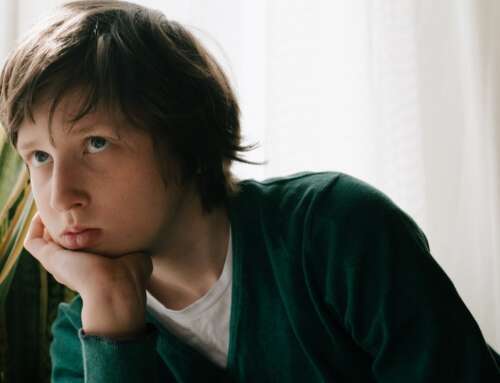
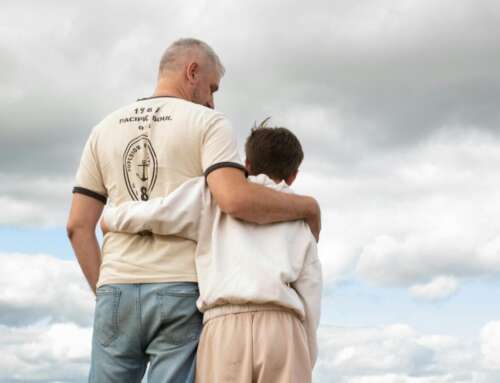
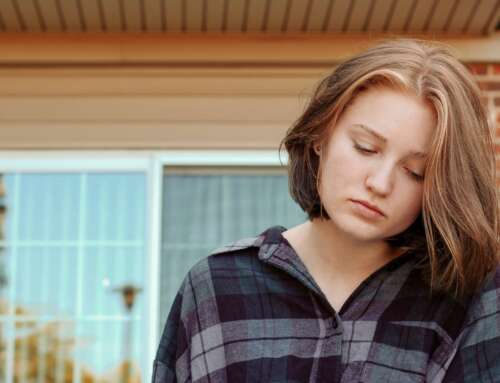
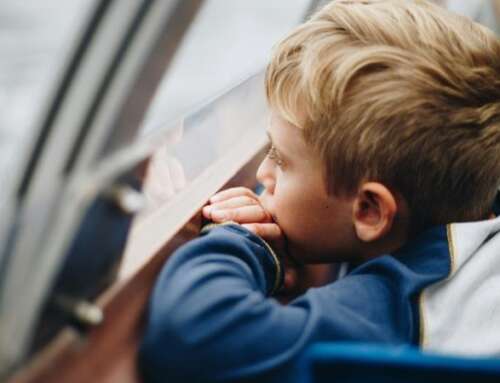

Thank you Kimberley for this article which was too short because it is such an interesting subject. I am a relief teacher and go to different schools and am always introduced to their coffee, cups, milk, white sugar, etc, by a teacher with a coffee breath! Many teachers seem somewhat understandably dependent on coffee to get them through the day.
As a non coffee drinker I quite understand as it is sometimes difficult after lunch to keep completely awake. However I am concerned what impact al this daily coffee has on teachers, emotionally! psychologically and physically (kidneys), etc..I rarely see any alternative warm drinks (such as herbal teas) available at schools except tea or coffee. This makes me feel that educators, like doctors are generally quite ignorant about food and drinks. Plus there is the ever present boasting at staff morning teas and lunches about how much alcohol was consumed last night or on the weekend -this is something I find particularly annoying with younger teaching staff, even though I am not a teetotaller.
All in all these are the kinds of scenarios I regularly find at staff level at schools.
Thanks again,
John